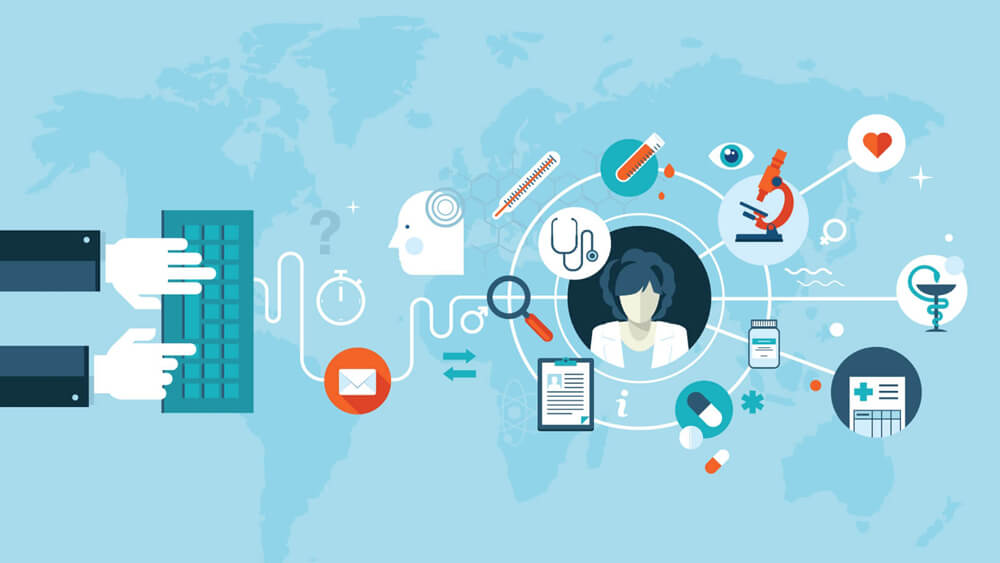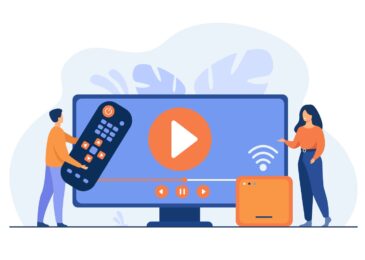How BetterHelp Is Using Technology to Improve Access to Mental Health?
How BetterHelp Is Using Technology to Improve Access to Mental Health?
By Corrina Horne
“There’s an app for that.” A catchy enough phrase, but increasingly true: there seems to be an app, a program, or even a device for virtually everything modern humankind could possibly want. While access to most needs—and plenty of wants—has been accused of being problematic, there is one arena in which the advent of technology can be immensely beneficial: the availability of mental health services.
Online Therapy: What Is It?
Online therapy might seem like a no-brainer, but it is often met with some hesitation or concern. Can online therapy provide the same degree of confidentiality that an office visit can? Is online therapy truly as effective as therapy delivered within an office setting, or can it provide the same degree of connection and attention? Although it might initially seem to be in some way inferior, this is far more of a bias speaking than a reflection of truth: online therapy has not been proven to be in any way inferior to traditional therapy delivery, and can even offer a host of benefits for people who utilize it.
Also Read – Why Should You Invest in Artificial Intelligence (AI) in 2020?
How BetterHelp Is Leading the Way?
There is no shortage of online services, running the gamut all the way from quick digital marketing creation, to basic medical advice. What sets one company or service apart from its fellows is its offering, its price point, and its availability. BetterHelp provides all three of these, with a hefty history of value, commitment to integrity, and efficacy in delivery.
BetterHelp is among the leaders in its industry, and boasts a truly massive platform of therapy practitioners, sure to have something for anyone seeking the services of a mental health professional, whether that means using BetterHelp services as the sole provider of mental health services, or using BetterHelp practitioners in conjunction with a psychiatrist or other mental health professional required to monitor medication intake and intensive treatment methods.
Mental Health and Technology –
Mental health has a somewhat sordid history with technology, and is often identified as a source of alarm; the creation of social media and a 24/7 news cycle can certainly create an array of problems, such as anxiety, feelings of insufficiency, and uncertainty regarding one’s role in day-to-day life and the world as a whole. Although these can certainly be seen as setbacks brought about by technology, there are happy advancements that also come alongside technology.
Most prominent among them the increasing availability of information and connection. Therapy and other mental health interventions fall firmly within this camp, as BetterHelp and companies like them are paving the way for increased volumes of people to attain access to mental health services, thereby increasing their quality of life and general health.
Mental health and technology are not strange bedfellows as they may initially seem; electronic devices have been used for a long time in medical intervention, from monitoring vital signs to providing consistent doses of pharmaceutical therapies. What is new, however, is the availability of that technology.
Rather than requiring specialized equipment that is only made available after a referral and veritable boatload of cash, online therapy allows individuals to use the very same pieces of technology they are comfortable and familiar with to engage with friends, read articles, and watch their favorite television shows to reach out for help—and find it.
Improving Access to Mental Health with Online Therapy –
Online therapy is leading the way in improving access to online therapy, in part because it provides a more even playing field than a host of other proposed playing field eveners, such as insurance; many people are able to receive access to the internet through their community (libraries, coffee shops, and more), while others are able to afford monthly internet subscriptions and the lower rates provided by online therapy providers.
While it may initially feel different than meeting with a therapist in an office, online therapy is no less effective than its in-office counterpart and possesses the same safety and privacy restrictions as standard therapy offices. BetterHelp is among the industry leaders, bringing the healing power of therapy and counseling to people’s homes through the modern wonder of technology.
With only a computer, tablet, or smart phone, people—singles, couples, or families—can procure access to a licensed mental health professional, at what is often a fraction of the cost of traditional therapy. Far from being trivial or inconsequential, online therapy can also help normalize the use of therapy and other mental health services.
Far from requiring an uncomfortable visit to a perhaps unfamiliar part of town, online therapy allows people to seek counseling in a setting that is familiar and comfortable, using a medium that they are likely extremely familiar with. This normalization could help bring mental health to people who might not otherwise seek it out and can make enlisting the aid of a therapist a standard, simple, and un-embarrassing part of life.
Whether therapy has been put off because of a lack of time, embarrassment about seeking help, or the inability to physically travel to see a therapist, online mental health services can provide assistance to a variety of people who may not otherwise be able to seek help. Technology has long been used to improve the lives and health of people around the globe, and it continues to provide additional help and support in all arenas, including the often ignored or undertreated arena of mental health.
Also Read – How Machine Learning Can Lead to Better Product Design?





